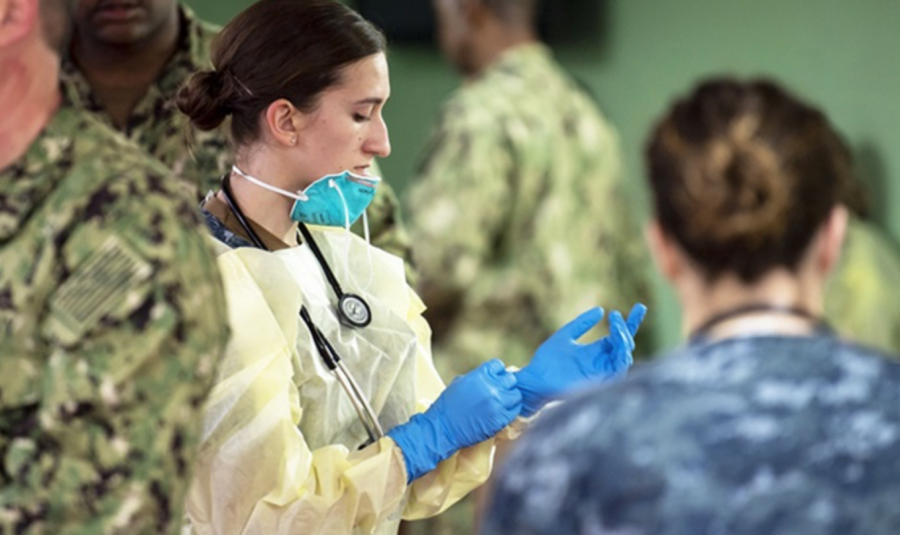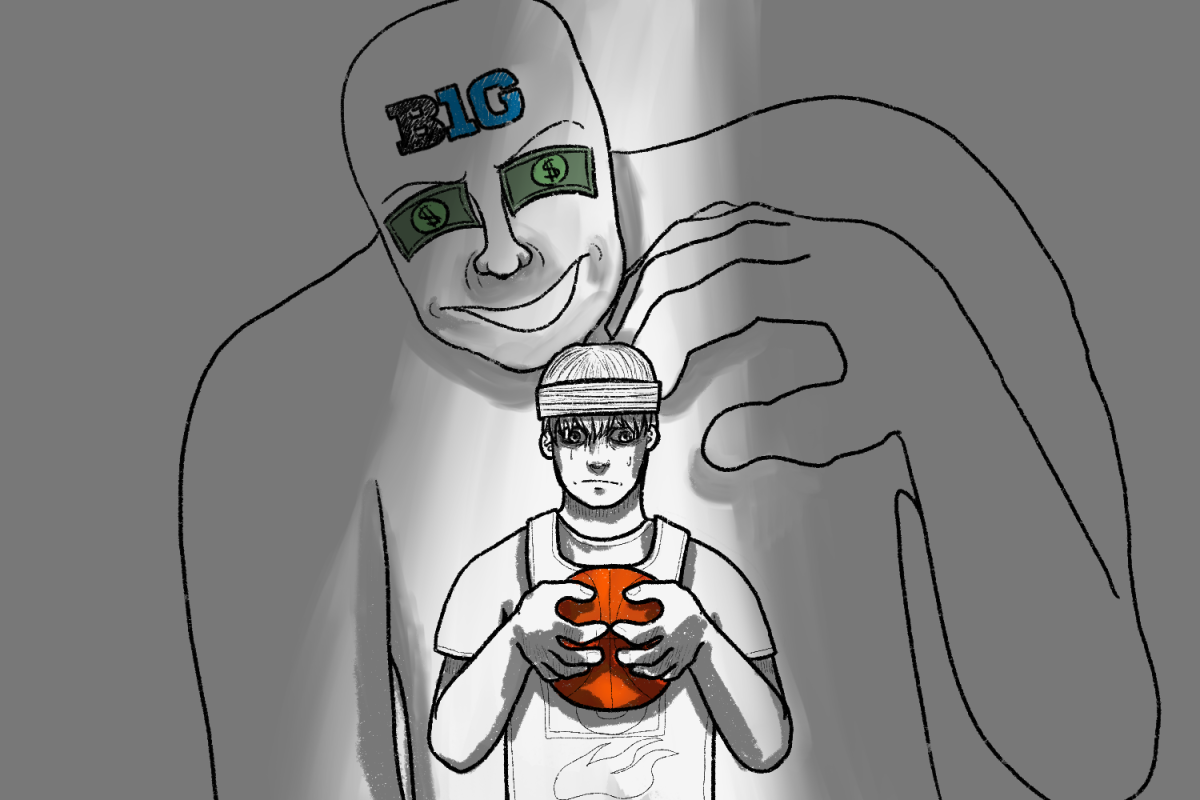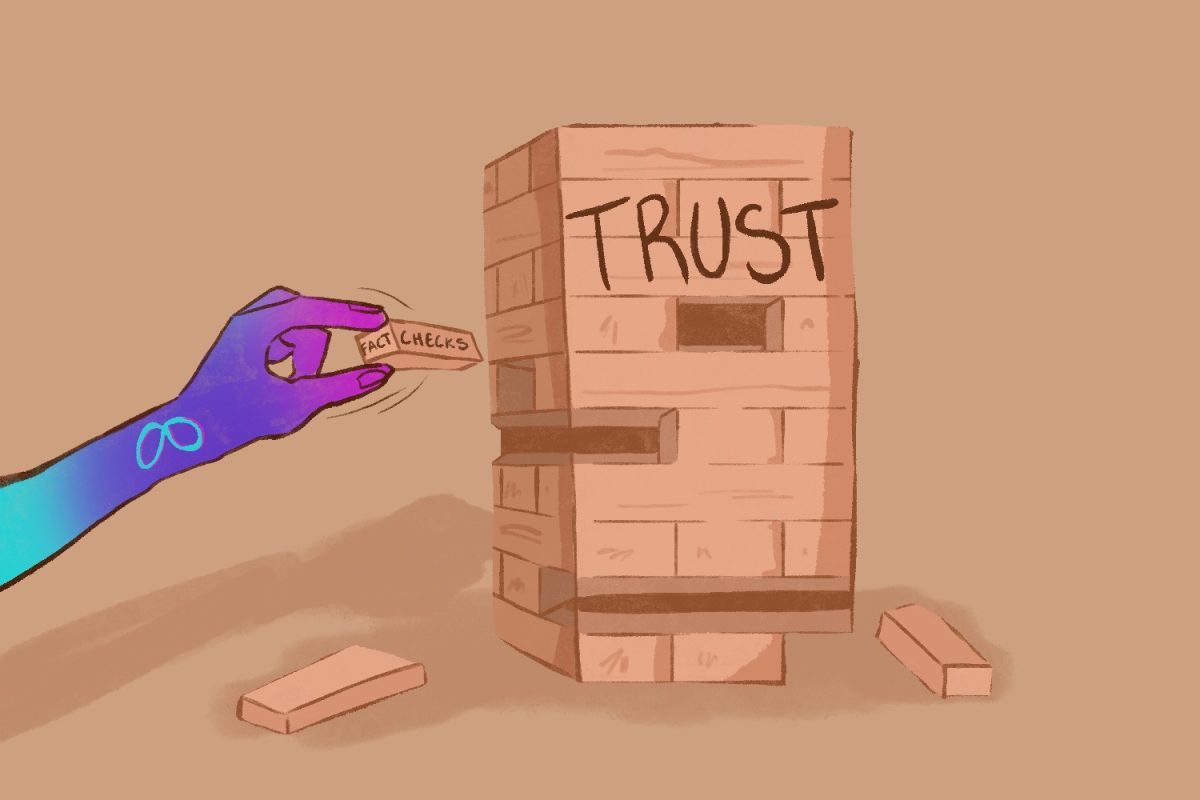In times of crisis, it is more important than ever that people are well-informed in order to take the appropriate precautions and stay calm. However, the media can either be a help or a hindrance.
The COVID-19 outbreak and response have been accompanied by a massive “infodemic,” an over-abundance of information – some accurate and some not – that makes it hard for people to find trustworthy sources and reliable guidance when they need it, according to the World Health Organization (WHO).
Although “fake news” has been a growing phenomenon in the past decade, it has taken a global pandemic to show the importance of trustworthy news.
Many fail to consider what exactly encompasses the criteria for reliable sources; how can anybody be sure that the information they are reading is accurate anyway? Professional journalists follow a code of ethics and principles that guide them in providing the most accurate information, and it is important to identify and revisit these principles during this time.
According to the Ethical Journalist Network, the five main principles of ethical journalism are truth and accuracy, independence, fairness and impartiality, humanity, and accountability.
If President Donald Trump says that hydroxychloroquine is likely a good treatment for COVID-19, in order to confirm truth and accuracy, a qualified journalist would first go to the Centers for Disease Control and Prevention (CDC) and WHO to validate his statement or elaborate on the research that is available on this drug.
As for independence, news sources such as New York Times reported that Trump was benefitting financially from sales of hydroxychloroquine. Revealing this information could help the public judge for themselves how accurate Trump’s statement is, considering this new information.
Full disclosure of biases in news sources is a key part of what the public deserves in order to form their own decisions.
The idea of fairness comes up when reporting on the economic impacts of COVID-19. As a journalist, it is important to not only get sources from the middle-class office worker whose worst problems are glitchy wifi on their Zoom calls but also to get information from a waitress, for example, who lost her primary source of income after her restaurant closed down.
While journalists focus on providing truth and accuracy, the humanity ethic warns against the truth at any cost. For example, if the information has the potential to cause a reader to inflict harm on another person, it may not be worth including.
For instance, before community transmission, the Santa Clara County health department chose not to disclose the zip codes with the highest concentration of COVID-19 cases to protect people from hate crimes.
The final principle, accountability, recognizes that any news source, even the most reliable, will make mistakes from time to time. A single mistake does not dilute the reliability of a media source indefinitely; however, not willing to own up to mistakes does.
After the SF Gate used information from an article published in the National Review by a Stanford historian about the possibility of COVID-19 having been in California since the fall, a reliable expert in infectious diseases challenged this claim. The editorial director was quick to remove the article after this occurred.
In the same way that medical professionals following their code of conduct is vital during this time, the same goes for journalists. Likewise, it is important for the public to identify when a media source is following these codes of conduct, and to continue to use such differentiation, even after the pandemic.
The next big question facing the public will be when to resume pre-COVID-19 life, and many will be looking to the media to help them answer this. Until vaccines are available to all, balanced, responsible journalism will help us to make the best decisions going forward and is a critical tool in our treatment of the virus.
*This editorial reflects the views of the Scot Scoop editorial board and was written by Audrey Boyce.























